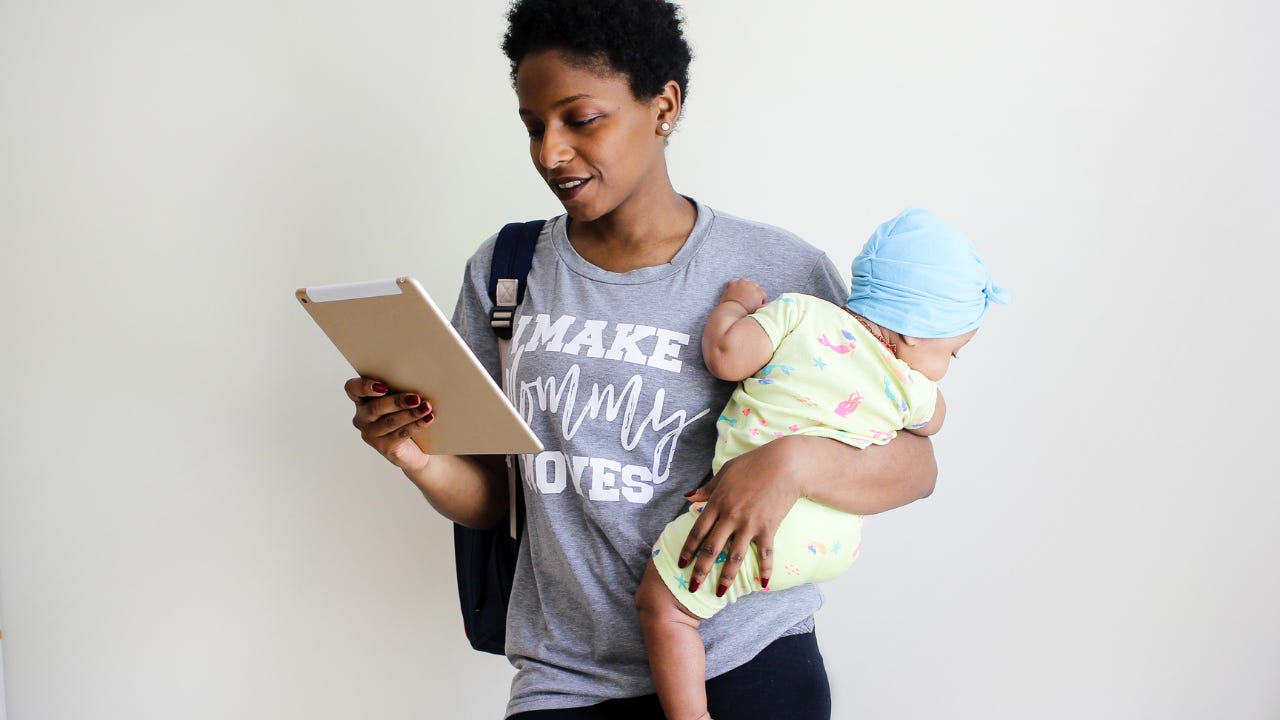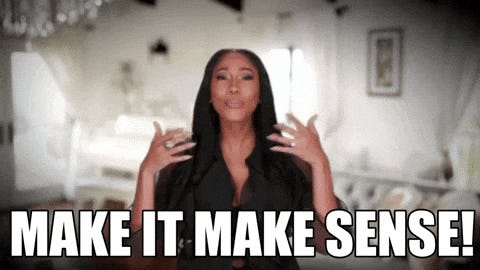When SNAP Disappears, So Does Health
How our nations policy decisions turn food insecurity into a public health crisis
“I have access to the food pantry, but I’m not sure what others in the building will do.”
As those words left my mother’s lips, a wave of emotion hit me. Like millions across the United States, my mother’s Supplemental Nutrition Assistance Program (SNAP) benefits were partially suspended during the government shutdown.
However, the real issue is that conversations about SNAP cuts focus on “cost savings” instead of those who rely on these benefits as a lifeline. Behind the spreadsheets are real families, many of them Black women like my mom, who’ve spent their lives holding up a country that too often overlooks them.
Food Assistance Is a Lifeline For Families In Need
My mother left a high-paying job years ago to care for my grandmother and visited my grandfather’s nursing home every Sunday with a home-cooked meal. When my grandparents passed and she remarried, she thought her caregiving days were behind her.
Then my stepfather’s health declined, and once again, she left her job to become his caregiver. Now, with him gone too, the only person she “has” to care for is herself, and somehow, our government has made even that harder.
She volunteers at her church’s food pantry (because “retirement” isn’t in her vocabulary), and of course, my brother and I would never let her go without food. But what about the elders in her apartment building who don’t have family nearby? Many may not even realize how SNAP benefit cuts are about to affect their loved ones.
I only learned about my mom’s situation because I asked during a recent visit to New Jersey. In person, away from the phone calls where she tends to minimize things, she finally admitted she wouldn’t have access to SNAP come November.
Her story is one of millions and proof that government assistance isn’t a luxury. It’s a lifeline that allows families to stay nourished and maintain basic human dignity.
SNAP Is a Public Health Tool
Because this is, after all, a Substack about enhancing Black women’s health, let’s be clear that cutting SNAP isn’t just about money. It’s about health.
SNAP doesn’t just fill plates, but prevents chronic disease.
It helps parents afford the fresh foods that keep hypertension, diabetes, and pregnancy complications from spiraling.
It counteracts some health issues that have been hitting our communities hardest.
Therefore, the idea that cutting SNAP benefits would even be an option is not only misguided but also a threat to public health. Cutting SNAP will not fix the system; it will worsen the problem.
Contrary to popular belief, food insecurity doesn’t just happen in the kitchen. It shows up in classrooms where kids can’t focus, in workplaces where exhaustion takes over, and in doctors’ offices where poor nutrition drives medical complications. When people are food insecure, their health outcomes decline!
Making America Healthy Again Can’t Happen Without Food Security
So, to the “Make America Healthy Again” crowd, I am tired of hearing you talk about our nation's health without talking about SNAP. Remember that the “SN” in SNAP stands for supplemental nutrition. This isn’t your grocery trip to Whole Foods or your splurge on cordyceps mushroom coffee.
SNAP is supposed to supplement the grocery budgets of low-income families, allowing them to afford nutritious foods for their families. As someone who grew up in a low-income community in New Jersey that my mom still lives in, I can tell you that cutting SNAP benefits will hurt so many families who are already struggling to make ends meet. You can’t improve the country’s health while cutting the benefits of keeping people fed.
I’d love for policymakers to make it make sense for me, but I know they won’t, because it doesn’t. At the end of the day, hunger isn’t a personal failure, but a policy choice. For those in the U.S. voting in tomorrow’s election, I want you to remember that when exercising your right to vote. When you cast your ballot, ask yourself:
Who benefits when health is treated as a private matter instead of a public responsibility?
If we’re tired of seeing our family, community, and nation suffer, we must ensure that our vote aligns with the nation we want, not the one we have.





Great read!